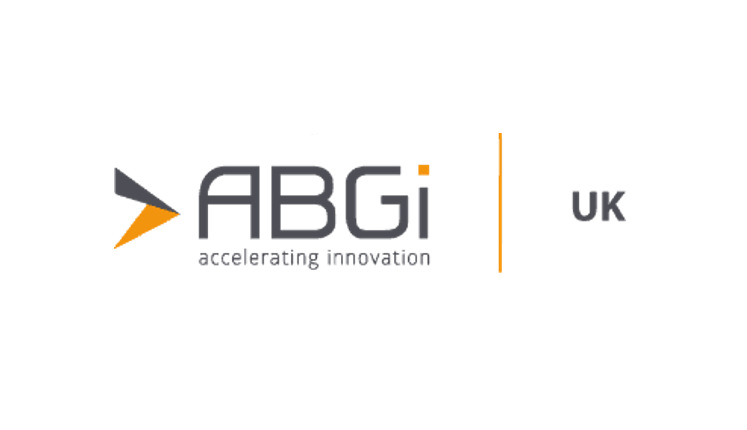The UK government has recently opened another consultation on whether to replace the current two-tier R&D tax claim regime with a new, single system applicable to all companies irrespective of size. This is proposed to commence from April 2024. The new proposed scheme is based on the existing Research and Development Expenditure Credit (RDEC) scheme that is currently used by larger companies.
This is in addition to the previously proposed changes to the SME R&D tax relief announced in the Autumn Statement 2022 and scheduled for introduction in April 2023, cutting the SME scheme deduction rate from 130% to 86% (a reduction of 13% in net benefit received) and the credit rate from 14.5% to 10% (a reduction of 44% in net benefit from tax credits).
According to the Government, a new single scheme would create a smoother and more efficient tax system. Victoria Atkins MP, Financial Secretary to the Treasury says “The UK is unusual in having two schemes and moving to a single measure would simplify the R&D tax system in line with the government’s overall plans for tax simplification.”
The Government hopes the new single scheme would not only make claiming tax relief easier for businesses, but also better safeguard against fraudulent activity, and provide clearer information in advance on how much relief could be claimed, therefore encouraging investment.
Our view
Whilst we agree with the Government’s ambition to create simplification and safeguard against fraudulent activity, the raft of changes announced over recent months is creating a great deal of uncertainty in the industry. In particular, given that SMEs could see their tax benefit significantly reduced, the lack of lead time before implementation provided by the Government is having a severe impact on the ability of SMEs to budget for large innovative projects. Businesses make decisions on large revenue expenditure projects years in advance and the lack of clarity around tax implications is delaying their ability to employ the technical talent required for these projects thereby delaying innovative projects being undertaken in the UK. This is surely against the Government’s aim of being a world leader in R&D.
The government recognises the reform to the rates creates challenges for some R&D intensive SMEs and has launched a consultation on the proposed changes to give businesses and stakeholders an opportunity to provide feedback on the proposed system and how it could affect them.
It is hoped that this consultation, which runs from 13 January to 13 March 2023, will help to ensure any new scheme takes into account the needs of all businesses in order to best support everyone involved in innovation and research and development.
The Government will be looking to reach a decision on the new system and its implementation by April 2024. It is important for businesses to ensure that they understand the implications of such changes and plan accordingly. With careful planning and an understanding of the potential risks, businesses can ensure that they can take advantage of the new system and remain competitive.
In the meantime, if you have any questions or would like to share your views and comments on the above proposed changes to the scheme, please contact us. We’d be happy to discuss your situation and provide advice tailored to your needs.
Douglas Reid, Tax Director at ABGI

